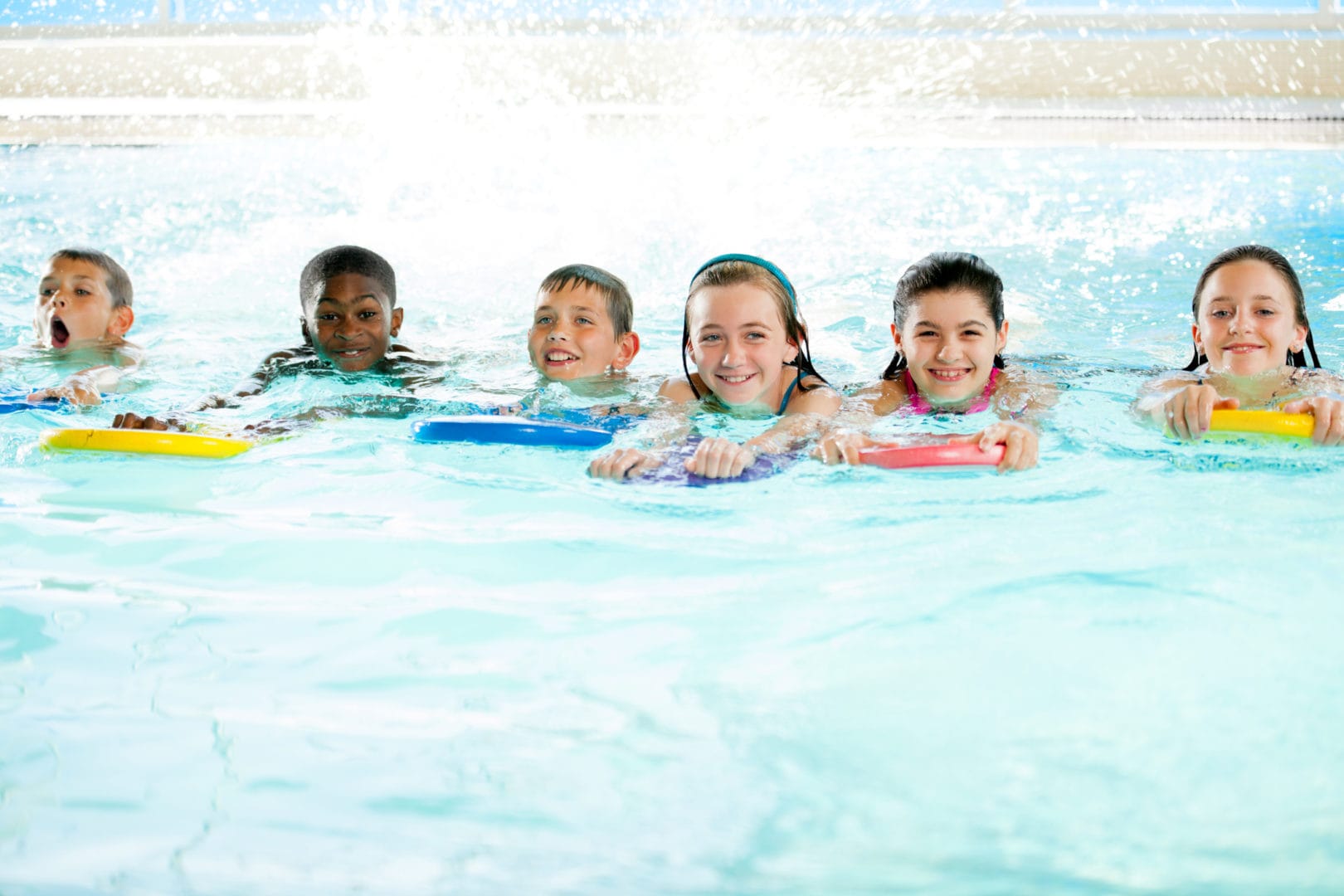For most families with kids, the start of summer means it’s time to gather the sunscreen and water toys and head to the pool. But you might want to steer clear of the water after reading this latest warning from the Centers for Disease Control (CDC). The CDC is warning parents about the rise of a nasty fecal parasite that can be transmitted in swimming pools — even when you think the pool you’re swimming in is squeaky clean.
Cryptosporidium is the parasite’s full name, according to the CDC, and it causes cryptosporidiosis, which can leave otherwise healthy people suffering from stomach cramps, nausea, fever and “profuse, watery diarrhea that can last up to three weeks.” The CDC reports that the parasite is the leading cause of outbreaks of diarrhea linked to water.
Cryptosporidium has become a particularly serious problem in swimming areas because the parasite is typically excreted in amounts much higher than the amount necessary to cause infection. An infected person can shed 10,000,000 to 100,000,000 Crypto germs in a single bowel movement, but it only takes about 10 for a person to become ill. So the parasite spreads when a sick person goes swimming and then fellow swimmers swallow the infected pool water or touch their mouths with contaminated hands.
Even worse, swimming only in clean, well-maintained pools, or even avoiding pools altogether, won’t necessarily protect you and your children because the crypto parasite:
-
Is highly resistant to chlorine.
-
Can survive for up to seven days in properly chlorinated pools, according to the CDC.
-
Has also been found in kiddie pools, wading areas, water playgrounds and even in untreated bodies of water, like lakes.
Reported cryptosporidiosis outbreaks (444), by exposure jurisdiction* — United States, 2009–2017**

The number of reported outbreaks of cryptosporidiosis has increased an average of about 13% per year since 2009, according to CDC data. From 2009 to 2017, there were a reported 444 cryptosporidiosis outbreaks, resulting in 7,465 cases throughout 40 US states and Puerto Rico. Of these cases, 3,335 (44.7%) of them came out of the eight Great Lake states (Illinois, Indiana, Michigan, Minnesota, New York, Ohio, Pennsylvania and Wisconsin). Swimming pools and other recreational bodies of water accounted for about one-third of those cases. The rest were transmitted at child care facilities or from livestock.
Fortunately, the illness is rarely fatal, and there has only been one reported death in the past decade. Nonetheless, the CDC is urging people to take precautions to prevent the spread of the parasite. To keep cryptosporidium out of pools and off of the splash pad, experts advise anyone who has had diarrhea to avoid recreational swimming and water play areas for at least two weeks after the diarrhea subsides. They also warn that symptoms of the illness are worse in young children, pregnant women and those who are immuno-compromised, so those groups may want to limit their exposure to swimming and other water play areas.
The guidance to stay out of the water post-illness is especially important in light of a survey released last month by the Water Quality & Health Council that showed — because apparently this nightmare never ends — 24% of people say they would get back into the pool within one hour of having diarrhea. Most parents do their best to remind their children that the pool is not a toilet, but this parasite seems like evidence that some adults might need a little reminder too.
* Exposure jurisdictions are states, DC, and PR.
** These numbers are largely dependent on public health capacity and reporting requirements, which vary across jurisdictions and do not necessarily indicate the actual occurrence of cryptosporidiosis outbreaks in a given jurisdiction.




